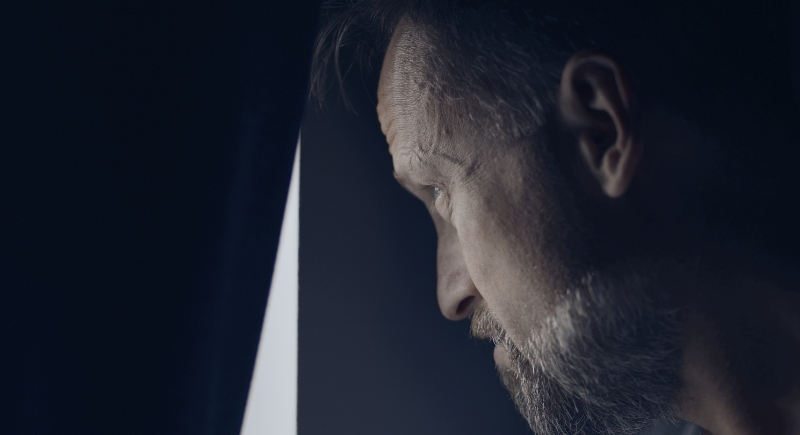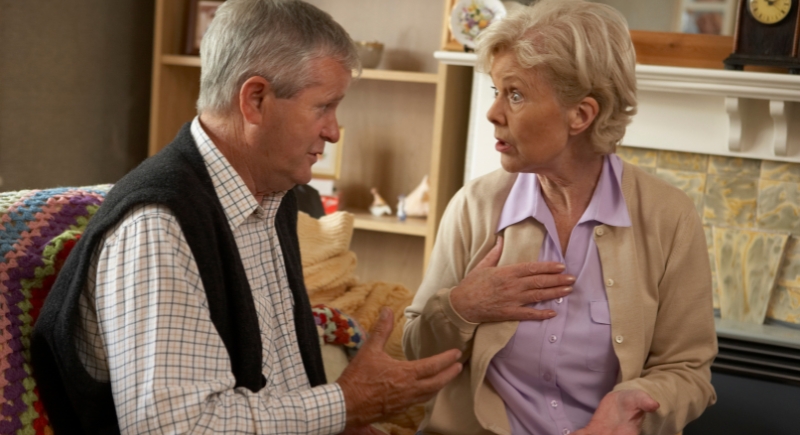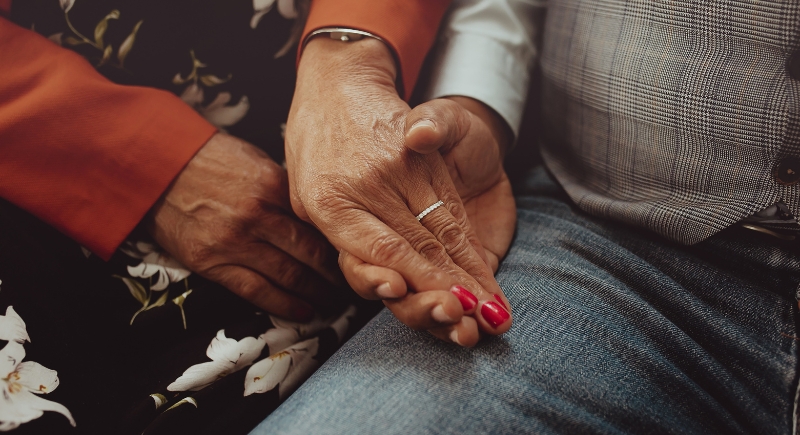Why Older Men Struggle More With Heartbreak Than Women
Breakups aren’t easy at any age, but older men often face a steeper hill when it comes to recovering. A major study set to appear in Behavioral & Brain Sciences analyzed decades of research and found that men value romantic relationships more, pursue them more actively, and suffer more once they end.
These findings challenge long-held stereotypes. Here’s why heartbreak hits older men hard, and how it affects them.
Actively Seeking Connection

Credit: Canva
Older men tend to seek out long-term romantic partners more often than older women do. This challenges the belief that men prefer staying single in later life. Their active search for companionship means they invest deeply in relationships. When those connections end, it can seem like a significant personal setback.
Losing Health Gains

Credit: Canva
Emotional distress due to parting ways can lead to an immediate decline in physical well-being. Stress tends to worsen existing health issues like high blood pressure, poor sleep, or chronic pain. Some men report experiencing a sudden dip in motivation, appetite, or energy. These physical shifts add complexity to the process and make recovery demanding.
Caught Off Guard

Credit: pexels
According to recent statistics, women initiate nearly 70% of divorces. This dynamic can leave various older men blindsided. That lack of control over the separation sparks deeper feelings of rejection or confusion. Instead of taking time to understand what went wrong, they may struggle with closure.
Delayed Grieving

Credit: iStockphoto
While women might express hurt immediately and lean on others, numerous men suppress emotions, supposedly as a strong or acceptable response. To recover faster, older men can benefit from organized routines, therapy, or simply naming their emotions. These steps help reduce confusion and open space for actual healing.
Mental Strain

Credit: iStockphoto
Prolonged emotional stress can exhaust the mind. Difficulty concentrating, racing thoughts, disrupted sleep, and persistent irritability are common. These mental disruptions affect daily functioning and can bleed into work, social interactions, and self-care. When hurt goes unprocessed, it intensifies over time, leading to a kind of emotional fatigue.
Stuck On the Past

Credit: freepik
Memories of a former partner can take on an idealized glow, especially when loneliness sets in. Most older men remember only the good moments—shared vacations, old habits, affectionate gestures—while ignoring signs that the relationship had serious issues. This kind of nostalgic filter can keep them unavailable to others.
Cultural Conditioning

Credit: Getty Images
From a young age, men are told to “toughen up” or “keep it together,” especially during emotional challenges. These messages don’t disappear with age. Instead, they shape how men cope—or don’t cope—after a breakup. The restraint they’ve practiced for decades can prevent them from moving on, reaching out, or even acknowledging how much they’re hurting.
Emotional Dependence

Credit: Canva
Cultural norms didn’t encourage boys to build emotionally supportive bonds. Many were taught to prioritize independence, competition, and control. By adulthood, those lessons left them with few close friendships. Then, they had no choice but to rely almost entirely on a spouse for reassurance.
Scared of Vulnerability

Credit: Canva
Opening up can feel unfamiliar and risky for a lot of older men. Vulnerability is associated with loss of control or a fear of appearing weak, especially in generations raised to prioritize stoicism and independence. Rather than talk about sadness, loneliness, or regret, several choose silence or distraction.
Distraction Tactics

Credit: Canva
Some older men console themselves by staying constantly busy at work or on back-to-back dates. It seems easier than sitting with grief. One might avoid going home at all, afraid of the quiet that reminds him what’s missing. These habits offer short-term relief but stretch out the pain.
Losing Their Role

Credit: Getty Images
It’s normal to tie identity to work: decades of routine, responsibility, and purpose shape how men see themselves. When retirement ends that structure, they can feel unmoored. If a relationship falls apart around the same time, that loss of role and partnership lands hard. Some withdraw or lose confidence, unsure whether they still matter.
Fear of Starting Over

Credit: freepik
After a long-term relationship ends, the idea of beginning again can be overwhelming. Dating norms have changed, technology plays a bigger role, and expectations have shifted. Many older men think they’re unequipped to re-enter the dating world or doubt they’ll ever connect with someone new.
Lack of Accountability

Credit: Canva
Research shows men seek to externalize blame after failures more than women, thanks to the self‑serving bias. In the context of a breakup, that means an older man may focus on external factors—career stress, partner behavior, timing—while overlooking how his own actions contributed.
Fixation on Repair

Credit: Canva
What most senior males do not realize is that fixation delays detachment. The urge to repair stems from discomfort with loss and a deep need for resolution. But clinging to fantasies can keep them tethered to a relationship that no longer exists.
Intimacy Withdrawal

Credit: freepik
Studies have shown that men often equate physical closeness with emotional connection, so when intimacy disappears, it can leave them feeling deeply rejected and unwanted. This loss may be harder to talk about, but it contributes significantly to emotional pain, especially since it’s the loss of comfort, touch, and emotional affirmation tied to physical intimacy.